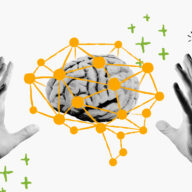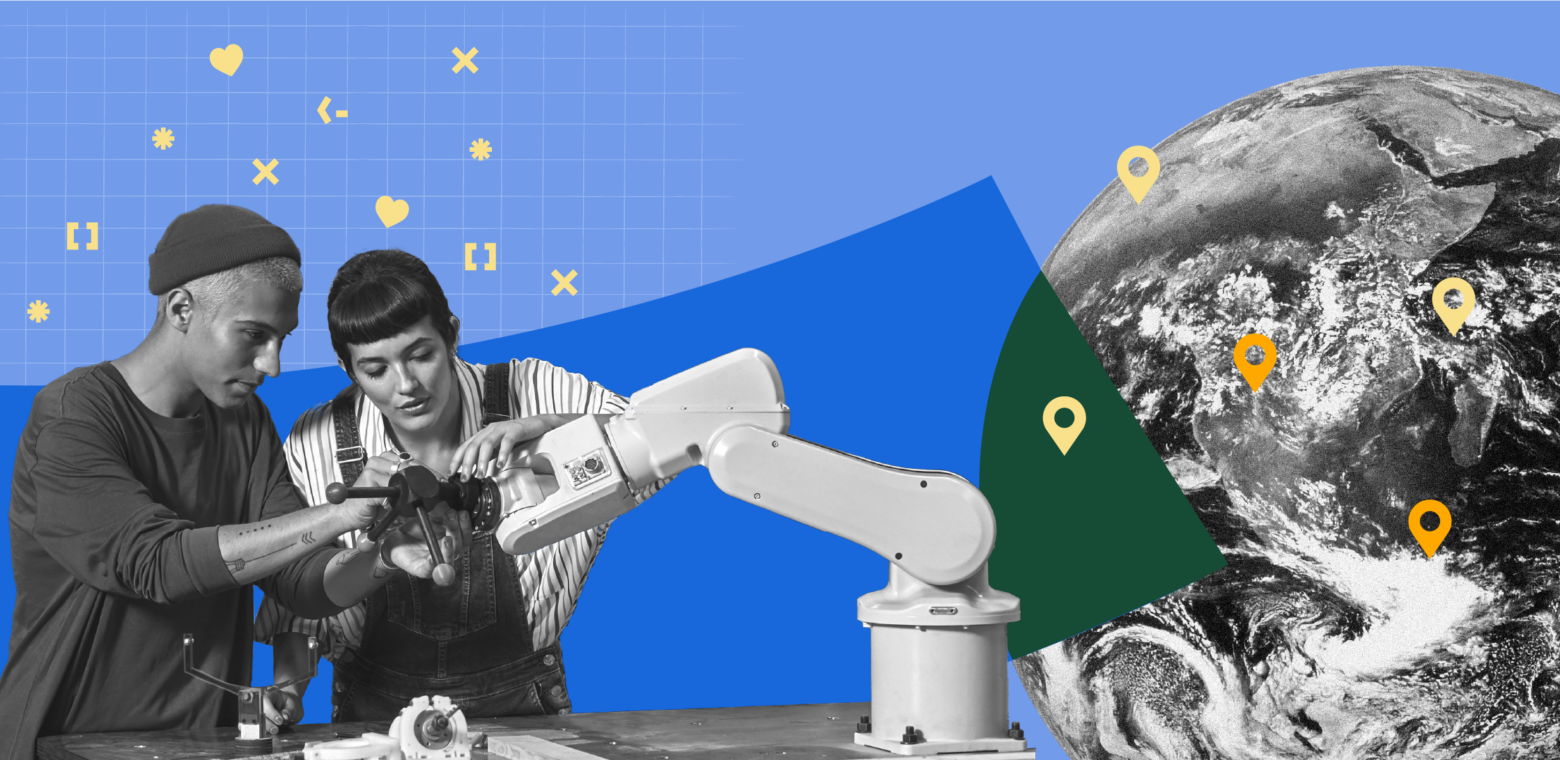At Atlassian, we believe in the power of teams and unleashing their potential. So when it comes to our DEI strategy, we set ambitious goals to create the infrastructure to build teams that reflect the diversity of the societies we live in and the customers we serve.
We knew when we started this work that it would be impossible alone, and as our DEI program has evolved, our approach to strategic partnerships has matured too.
For more on our ESG commitments and achievements, download our 2023 Sustainability Report.
Our strategic DEI partners are organizations with missions that support underrepresented groups in the tech industry. They align with our values and goals of a more diverse tech industry to unleash even more potential in teams. Our investment in these organizations creates a more diverse talent pool, not just for Atlassian, but for the entire industry. Read on to learn more about how we forge and maintain our DEI partnerships.
How do we define a DEI partner?
We ask for a specific set of criteria for becoming a DEI partner, which allows us to be strategic about our investments and intentional about our impact. All of our partnerships are with organizations that:
- Are founded and/or led by members of the underrepresented communities they serve. This is especially important because VC funding is traditionally not equally distributed to women or Black or Latinx founders.
- Are focused on increasing representation for women and Black and Latinx populations in the tech industry, in alignment with our own DEI strategies and goals.
- Are scaling to serve their communities across broad geographies, operating as we do in a Team Anywhere distributed work environment.
- Are committed to partnering with Atlassian for at least 3-5 years to ensure long-term scalable impact.
- Are flexible and agile enough to match our ambitions for our mutual work, and have the ability to mobilize to get it done.
who are our DEI partners?
Code2College (US) – Preparing and placing historically underestimated high school students into paid, Summer internships in software engineering to enhance college access and accelerate the pace and proportion of STEM career entry for diverse candidates
/dev/color (US) – Building the most powerful community of Black software engineers, technologists, and executives in the world
AI4All (US) – Making AI a more inclusive and human-centered discipline by providing AI education, training, and mentorship to the next generation of Black, Latinx, and Indigenous women and nonbinary people.
Techqueria (US) – Building the largest global community of Latine professionals in Tech who aim to empower and support their members advancement in the industry
Vigyanshaala (India) – Reimagining STEM fields with enhanced participation women by equipping female under graduates with tools to explore broader possibilities in STEM careers
Girls Programming Network (Australia) – Running coding workshops for girls and gender minorities so that they can learn programming.
Three ways we’ve built successful DEI partnerships at Atlassian
Engaging for impact
We believe it’s crucial to center our partnerships on what our partners need. This may sound obvious, but it’s not uncommon for organizations to operate on more of a “donate and forget” model. In every meeting with our DEI partners, we seek to understand their world and ask: “how can we help”? This means we’re engaged in an ongoing cycle of problem-solving as we surface opportunities for Atlassian to connect with our partners and their beneficiaries beyond just monetary support. This can include access to discounted products and skilled volunteers through the Atlassian Foundation, as well as connections to the Atlassian ecosystem (e.g., other organizations we work with that may benefit our partner).
Code2College (C2C) is our longest DEI partnership. With the rise of COVID in early March 2020, like most organizations, C2C had to pivot their model from a place-based, in-person training and onsite internship model to a completely remote model. We asked how we could support them, and their answer was simple: hold true to our commitments to host C2C interns.
This was a bit complicated, as we were of course experiencing similar onsite limitations. But we were able to shift to a remote internship model, and in fact increased our number of hosted interns that year and in the years that followed. In June 2022, we significantly increased our financial investment in their work to support their expansion into new geographies within the US. At present, Atlassian hires the most Code2College interns of all of its forty partners.
Building together for mutual benefit
When we select DEI Partners, we intentionally choose organizations who are experts in their craft, but are not fixed in their way of doing things. Put another way, they are open to solving old problems in new ways. This flexibility to try new approaches enables a mutually beneficial partnership rooted in our shared goals. Coming to the partnership as equals – with one side providing expertise and solutions and the other the funding to adapt and apply those solutions – has been a cornerstone of our approach with each of our partners.
As part of our continued investment in India, we chose to partner with Vigyanshaala, who are committed to solving a problem that’s fairly unique to India: Despite a high number of women studying Science, Technology, Engineering and Math (STEM), there are far fewer women working in these fields. As scientists themselves, the founders of Vigyanshaala identified this problem and built a successful program called Kalpana, which has so far supported 6,000 young women transition into further studies or employment in STEM.
Their existing program demonstrated that they understood the complex barriers women in India face in moving into STEM careers, so we discussed how we could double-click on the “T” with a technology-specific program based on that model. Our partners at Vigyanshaala were delighted to use their expertise to achieve our mutual goals, and our funding is helping them broaden their horizons both in terms of focus (the tech industry) and geography (concentrating on states in India with high populations of women studying in community colleges, who are less likely to move into employment post-study).
Allowing relationships to unfold, rather than forcing quick ROI
We partner with organizations that want to invest at least 3 – 5 years in our work together. The ambitious goals we’re pursuing won’t be achieved overnight – we know that, and so do our partners. Longer-term partnerships relieve the immediate pressure to demonstrate ROI, which tends to drive performative or marketing-driven action in this space. Our focus is on supporting systemic and structural change, and we’ve built that into the way we develop partnerships.
When we started our DEI partnership with /dev/color, we initially offered free membership to our employees and hosted one event.
Fast-forward two years and we’re mutually supporting each other in a variety of ways:
- /dev/color’s CEO led an AMA with 33 of our Black Atlassian ERG members, sharing knowledge and building community.
- Atlassian is a Platinum sponsor of the opening of a new /dev/color chapter in California, which will expand their member reach and services.
- /dev/color’s CEO joined our Afrotech event along with another DEI partner, Code2College, in a celebration of Black excellence.
- Atlassian will soon host a /dev/color member dinner in a new Atlassian office location, enabling /dev/color members and Atlassians to come together and build connections.
The DEI and Atlassian Foundation teams are joining forces in FY25 to spearhead transformative initiatives in education and workforce readiness, aiming to create equitable opportunities for all. By leveraging our joint resources and expertise in service of our partners, this collaboration will champion more equitable access to education programs and pathways to employment and career development.





 )
) 




































